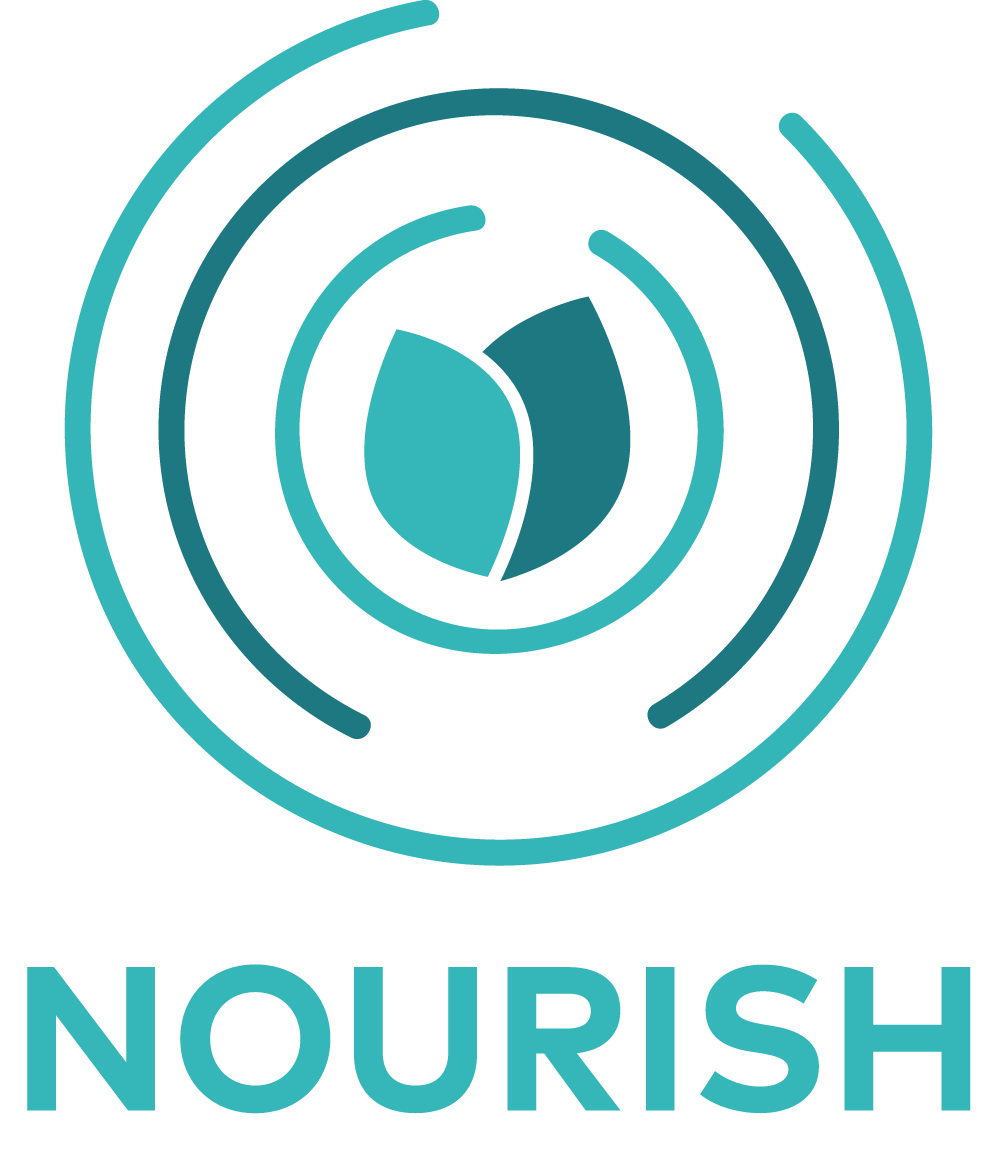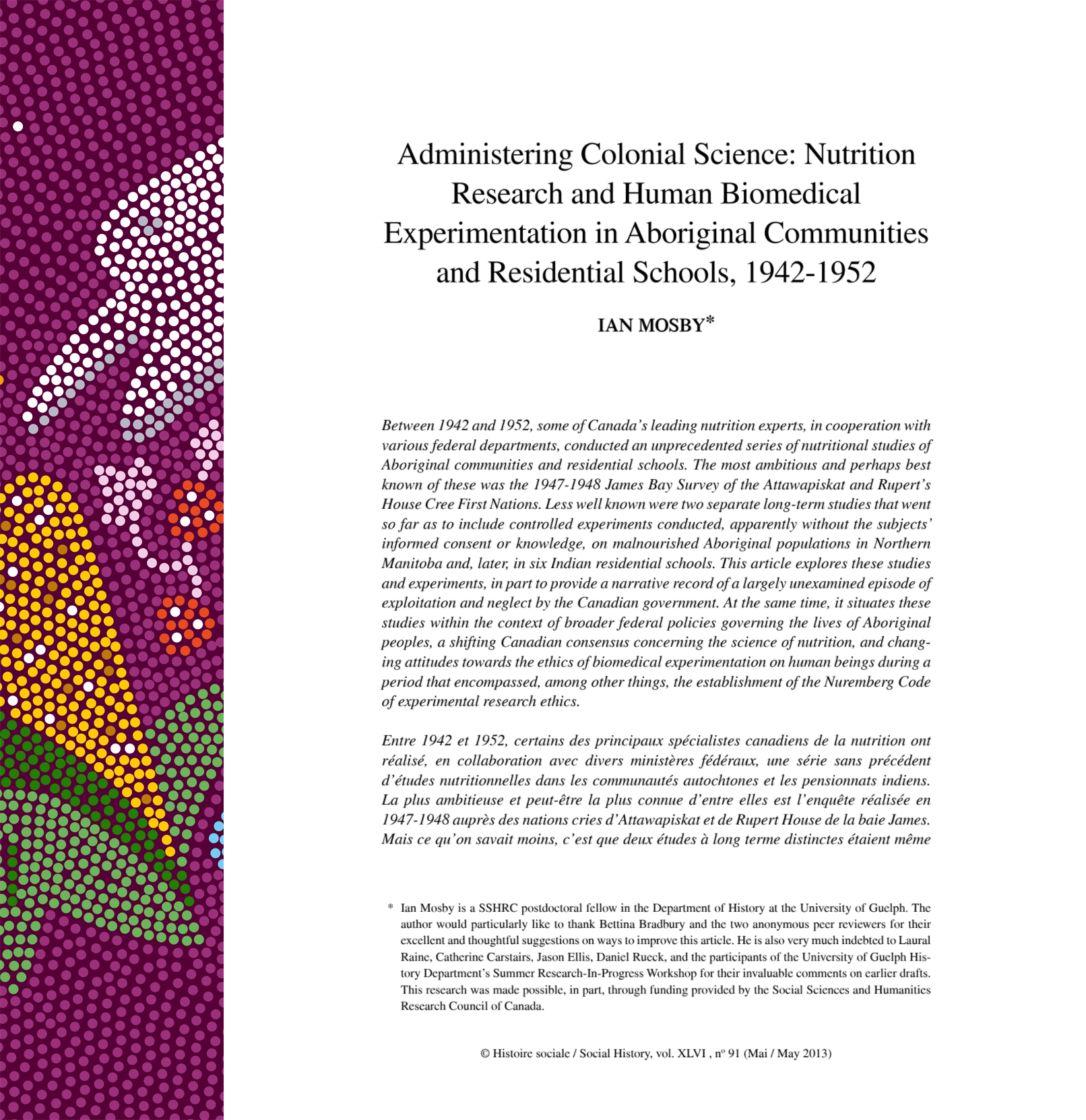Source: Stephen Penner, Kathleen Kevany, Sheri Longboat
Year: 2019
“Indigenous Nations in Canada have and continue to deal with a colonial food system that leaves many of these nations located in, what can be best described, as food wastelands, and at worst, imposes a lifetime sentence to a food prison (Finley, 2014). As we walk toward a path of reconciliation, it would be wise to acknowledge that Indigenous people had a well-developed, complex and thriving social-economic systems prior to colonial contact. Recognizing the depth of their intra-generational knowledge and deep understanding of the land can facilitate the development of a meaningful national and Indigenous food policy. One that recognizes mino-pimatwisin (Anishinaabe for good life) and maligit (balance) in Quajimajatuqangit (Inuktitut for Inuit Traditional Knowledge) nidiawemaginidog (Anishinaabe for “all my relatives”). Resulting in a robust and meaningful Indigenous food production system.”

















